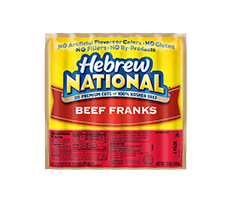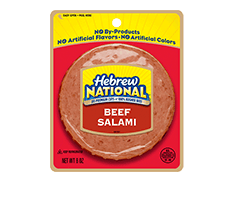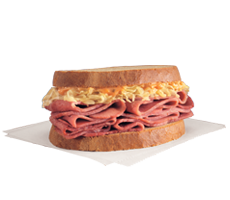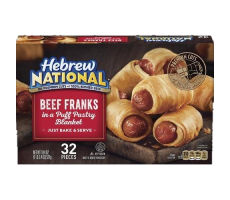What is Triangle K supervision?
The Triangle K symbol is a trademarked logo that signifies “kashruth” (kosher) as defined by the most stringent Jews who follow Orthodox Jewish Law. It's a symbol of integrity, representing the most trusted and reliable name in strict rabbinical food certification and supervision. For more than half a century, Triangle K has been committed to making kosher food products available to people around the world.
Manufacturing Kosher
While there might be slight variations from plant to plant, the requirements for the manufacture of all kosher food are based on the same fundamental principle of Jewish Dietary Laws: only kosher ingredients processed in kosher equipment.
Investigation Of Manufacturing Facilities
First, a special supervisor, the mashgiach, or an ordained Orthodox rabbi conducts an investigation of the plant and its procedures, as well as the ingredients, equipment, and processes used in the production of the product.
If the preliminary investigation indicates acceptable ingredients and procedures, the manufacturer is informed as to the nature of rabbinical supervision required for the food product for a specific period of time. Each individual food product must be inspected and certified separately, and the certification process is ongoing; each product must be inspected every year.
Kosher Law Enforcement
In an effort to protect kosher-observant consumers, kosher laws have been incorporated into various state codes. For example, in New York, the Kosher Law Enforcement Division (KLED) is maintained to aid its large Jewish population and protect consumers from the mislabeling and misrepresentation of food products. A division of the state's Department of Agriculture and Markets, KLED's tasks include ensuring that businesses selling any item with kosher certification—particularly meat and poultry products—adhere to the state's labeling laws. Rabbi Rubin stated, “We feel the consumer is to be protected. If a market section says it is kosher, it should be kosher without the buyer having to carefully check the ingredients.”
The legal protection for kosher consumers was first introduced into American law in 1915. According to Kashrus, “New York has continued its leadership role by setting standards for the development of new ways to guard against fraud and misrepresentation in the sales and distribution of kosher food.” KLED laws require that meat and meat parts (including poultry) be identified as kosher through the use of tags and plumbas. The regulations also address the procedures to be followed with respect to the required washing of meat and the method of transportation.




